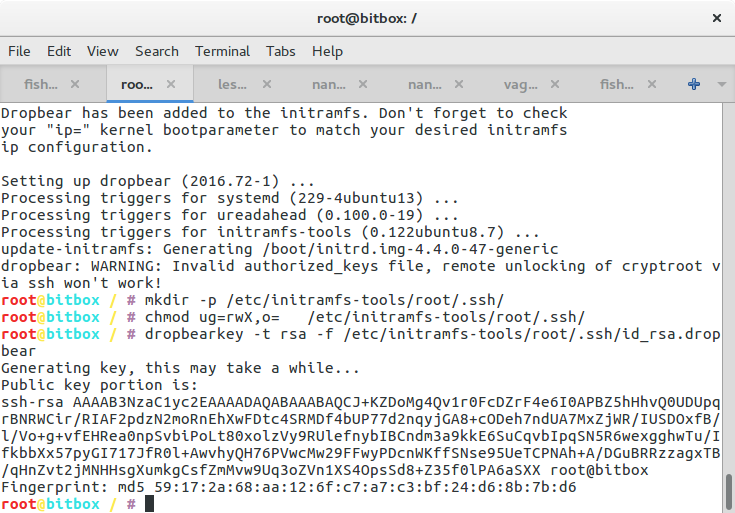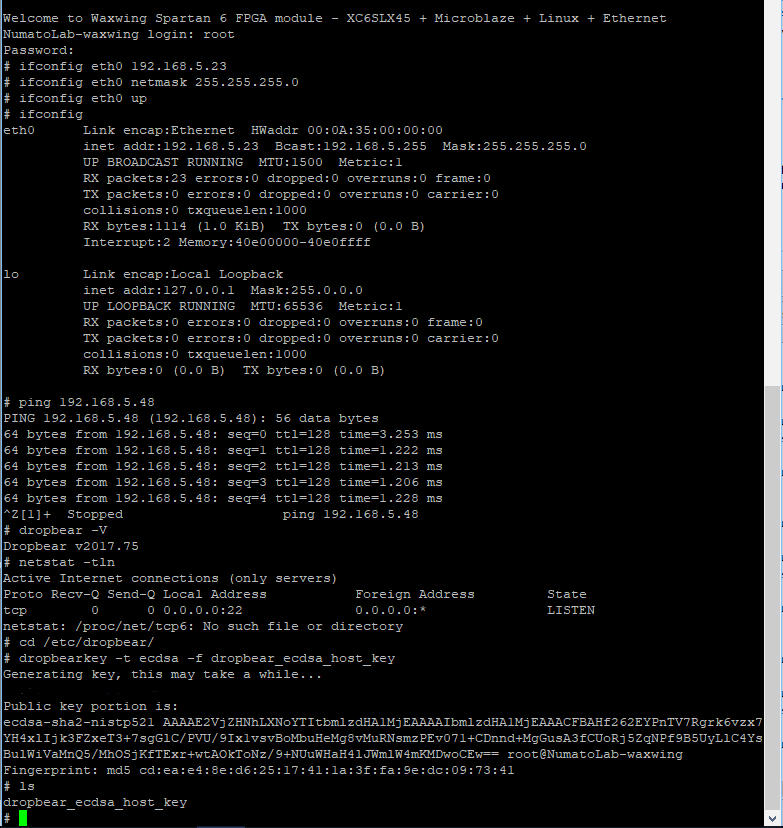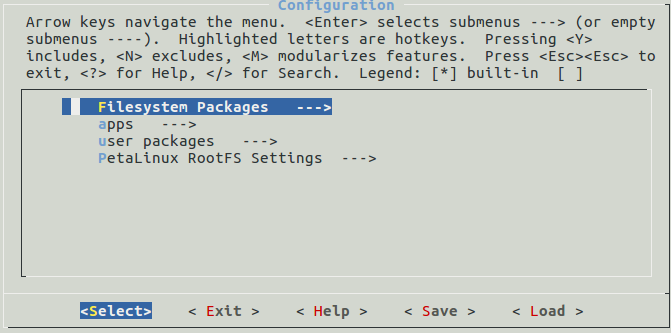
If you don't have a compatible key already, you'll need to create a new / additional RSA key pair. # Generate a new key pair, 3072-bit RSA by default ssh-keygenĪt the time of writing, Dropbear (the lightweight embedded SSH server on OpenWrt) does not include support for Ed25519 public private key pairs. After you have used this utility, you will have two files, by default ~/.ssh/id_rsa (the private key) and ~/.ssh/id_rsa.pub (the public key). The ssh-keygen utility can be used to generate a key pair to use for authentication.
#Dropbear ssh configuration manual#
Gerrit Pape (pape ) wrote this manual page.Skip this if you already have a RSA public private key pair on your client machine that you intend to use to connect to the OpenWrt SSH server. If a shell was requested this is set to an empty value.ĭropbear only supports SSH protocol version 2. If a 'command=' authorized_keys option was used, the original command is specified This is set to the allocated TTY if a PTY was used. The variables below are set for sessions as appropriate. This can also be disabled per-userĭropbear sets the standard variables USER, LOGNAME, HOME, SHELL, PATH, and TERM.

Random number source has a better chance of being securely seeded.īy default the file /etc/motd will be printed for any login shell (unlessĭisabled at compile-time). This had the benefit that the system /dev/urandom In the default location - keys will be generated after startup when the firstĬonnection is established. The -R option can be used to automatically generate keys These are of the form generatedīy dropbearkey. etc/dropbear/dropbear_dss_host_key, /etc/dropbear/dropbear_rsa_host_key, and Host key files are read at startup from a standard location, by default Writable by the user, otherwise Dropbear will not allow a login using public The authorized_keys file and its containing ~/.ssh directory must only be Same functionality with other means even if no-pty is set.ĭisregard the command provided by the user and always run forced_command. Note that a user can still obtain most of the Restrictions are comma separated, with double quotes around spaces in arguments.ĭon't allow port forwarding for this connectionĭon't allow agent forwarding for this connectionĭon't allow X11 forwarding for this connectionĭisable PTY allocation. This is the same format as used by OpenSSH, though the restrictions are a subset (keys with unknown restrictions are ignored). Īnd can be extracted from a Dropbear private host key with "dropbearkey -y". ~/.ssh/authorized_keys can be set up to allow remote login with a RSA, If no response is received for 3 consecutive keepalives the connection will be closed.ĭisconnect the session if no traffic is transmitted or received for idle_timeout seconds. The trade-off is that a session may beĬlosed if there is a temporary lapse of network connectivity. Useful for working around firewalls or routers that drop connections afterĪ certain period of inactivity. Use -h to see theĮnsure that traffic is transmitted at a certain interval in seconds. May improve network performance at the expense of memory use. Specify the per-channel receive window buffer size. If not specified, theĪllow remote hosts to connect to forwarded ports.


Specify a pidfile to create when running as a daemon. In program mode the -F option is implied, and -p options are ignored. Under TCP/IP servers like inetd, tcpsvd, or tcpserver.

Up to 10 can be specified (default 22 if none specified). Log to standard error rather than syslog.ĭon't display the message of the day on login.


 0 kommentar(er)
0 kommentar(er)
